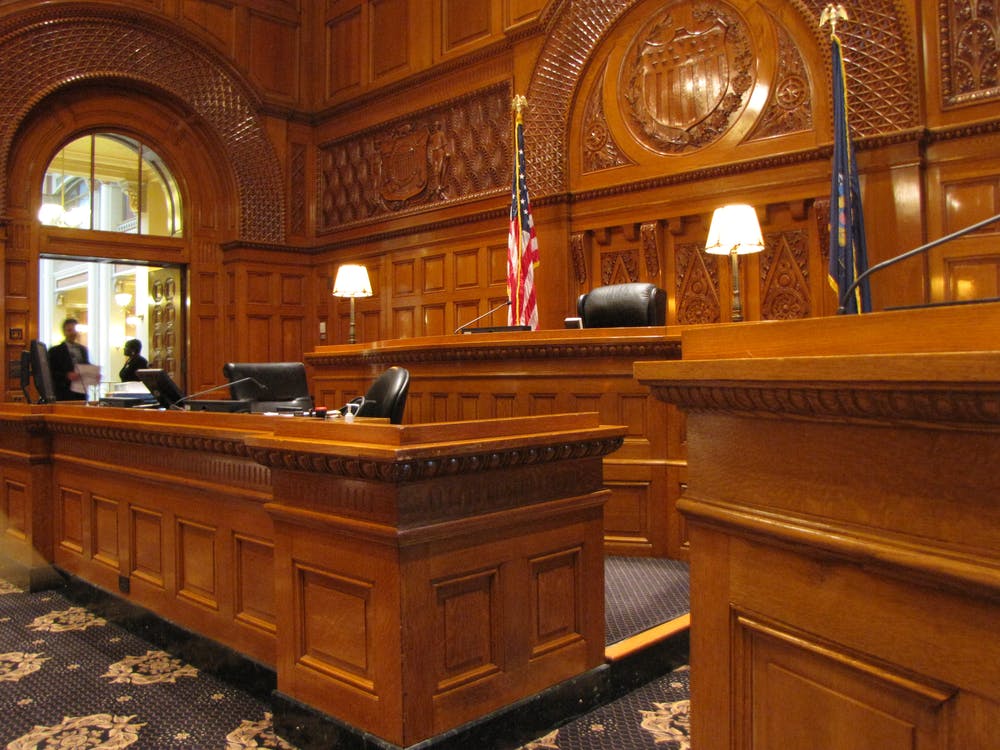Probate is the legal process where the court approves the will and the executor so the estate may be distributed after a person dies. Probate is a familiar term to many, but supervised or unsupervised administration is less well known. The article “Estate Planning: Supervised and unsupervised probate administrations” from nwi.com explains how estate administration works.
Generally speaking, there are two different types of probate administration, as inferred by the article’s title: supervised and unsupervised. Depending on who you ask, there may also be a third, known as “informal probate.”
Not all assets are passed through probate. Bank accounts owned jointly pass directly to the other owner. A home owned with a Transfer on Death (TOD) deed is also considered a non-probate asset. This is not to say that non-probate assets cannot be brought into probate. There are instances where they can. However, it takes a bit of an effort and is pretty unlikely to occur.
Probate assets are assets with no surviving joint owner and no beneficiary designation. These types of assets require a proceeding to ensure that the correct person or entity receives it after the original owner dies.
A supervised probate administration requires extensive court involvement. Every action taken by the executor has to be approved. If the home is to be sold or a distribution made to beneficiaries, the executor has to obtain a court order authorizing it.
An unsupervised probate administration, just as it sounds, involves far less court involvement. The personal representative or executor is recognized as valid, creates an inventory of the assets and files the inventory with the court. Once the inventory is reviewed, the executor is told to administer the distribution of assets according to the terms of the will.
Beneficiaries have 90 days to object to the executor’s actions. although this may vary by state. Check with your estate planning attorney. If no one objects, the final account is approved and the executor is done.
With less court involvement, asset distribution proceeds at a faster rate, which is why many wills provide for it.
The “informal probate” mentioned earlier is an outlier. Its use varies by state and by jurisdiction. There’s no court involvement at all. This is mostly used for very, very small estates. Some argue it’s still probate, even if it’s informal, while others maintain it exists solely to avoid probate.
The nature of probate and whether it is supervised depends on many factors, including where the decedent lives, the size and complexity of the estate and whether or not there are many family members or others who might challenge the estate’s distribution. In some communities, probate is a quick and painless process. In others, it is long, expensive and stressful. Your estate planning attorney will know what your situation will be and help you and your family plan accordingly.
Reference: nwi.com (April 10, 2022) “Estate Planning: Supervised and unsupervised probate administrations”











